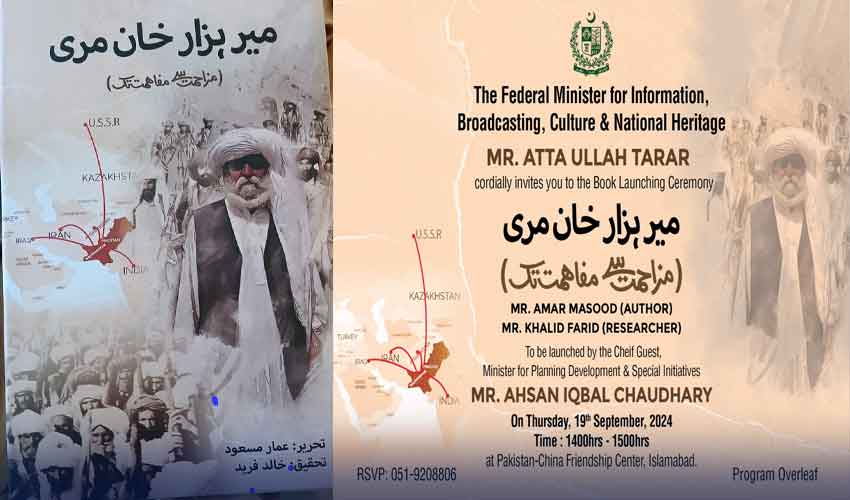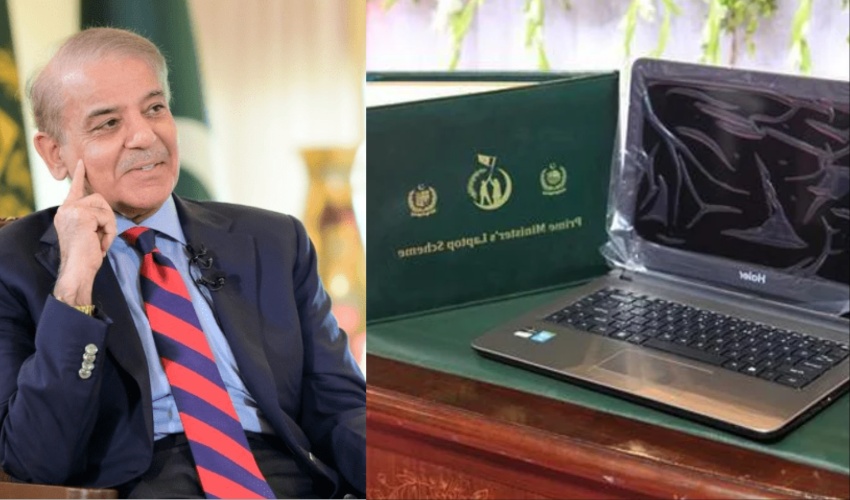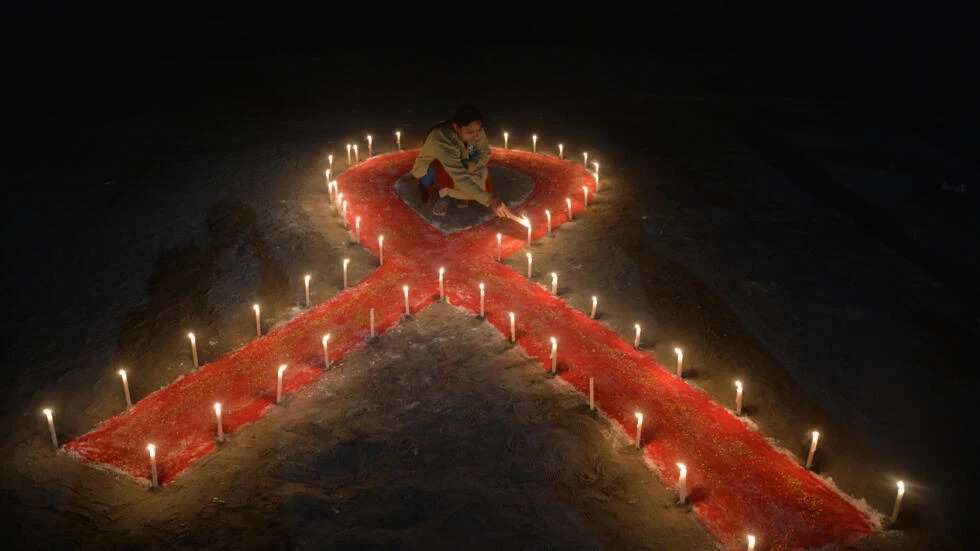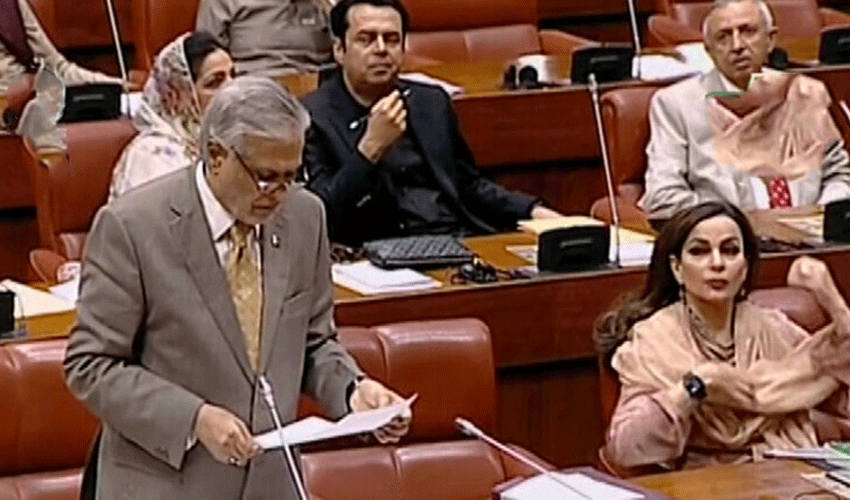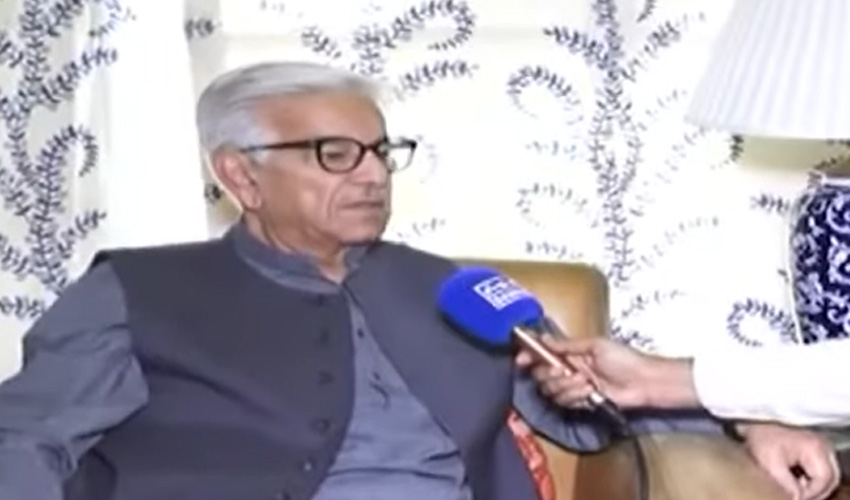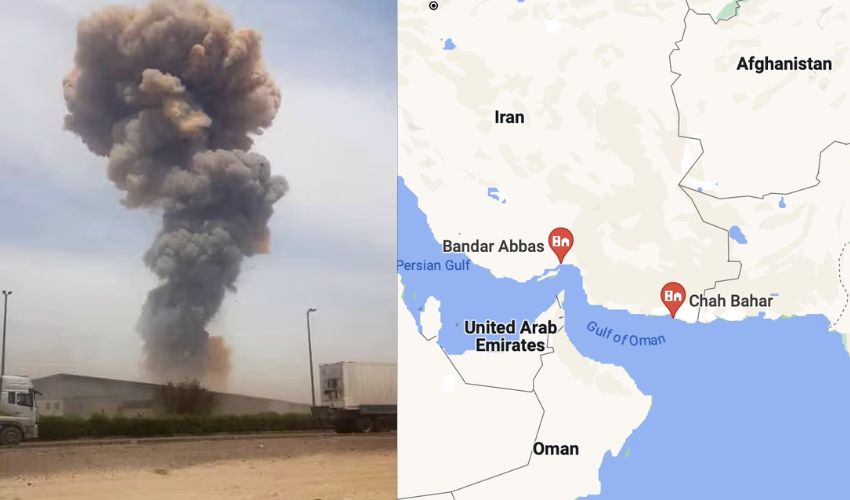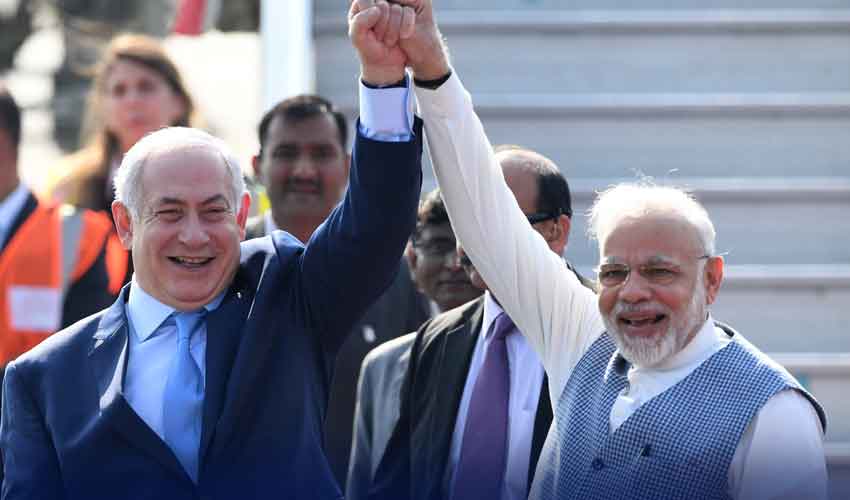An event took place at the Pakistan China Center in Islamabad on Thursday, where a new book titled “Mir Hazar Khan Marri: From Resistance to Reconciliation” was launched.
The event saw the presence of prominent figures, including the Governor and Chief Minister of Balochistan, as well as Federal Minister for Planning and Development Ahsan Iqbal.
The gathering was attended by key political and social leaders, underscoring the importance of the book's subject matter.
Authored by the well-known columnist and storyteller Amar Masood, with research conducted by Khalid Fareed, the book delves into the life of Sardar Mir Hazar Khan Marri, a pivotal figure in Balochistan's history.
The biography offers a deep exploration of the political landscape of Balochistan, focusing on the transformation in Hazar Khan's life and the broader implications for the region's politics.
Mir Hazar Khan Marri was historically known for his resistance against the state, refusing to recognize the constitution. Influenced by the geopolitical turmoil of the time, particularly the Soviet aggression, the Marri tribe, led by Hazar Khan, sought refuge in Afghanistan.
For two decades, they engaged in operations against Pakistan, only to find themselves without a home following the Soviet Union's collapse. With neither Afghanistan nor Pakistan initially willing to accept them, it was during Benazir Bhutto's government that a general amnesty was announced, allowing them to return.
Upon his return, Hazar Khan realized the futility of his prolonged struggle and began a new chapter of reconciliation with the state. His journey from resistance to becoming a key figure in the development of Balochistan is a central theme of the book. Remarkably, the grandchildren of a man who once defied the state's constitution are now serving as senior officers in the Pakistan Army, symbolizing a complete transformation.
At the book launch, author Amar Masood highlighted the importance of this story for the youth of Balochistan, many of whom face confusion and are vulnerable to misleading influences.
He emphasized that the lessons from Mir Hazar Khan's life should reach every Baloch home. He urged the government to not only distribute the book widely but also to consider adapting this powerful narrative into a film, ensuring that its message endures for generations.





